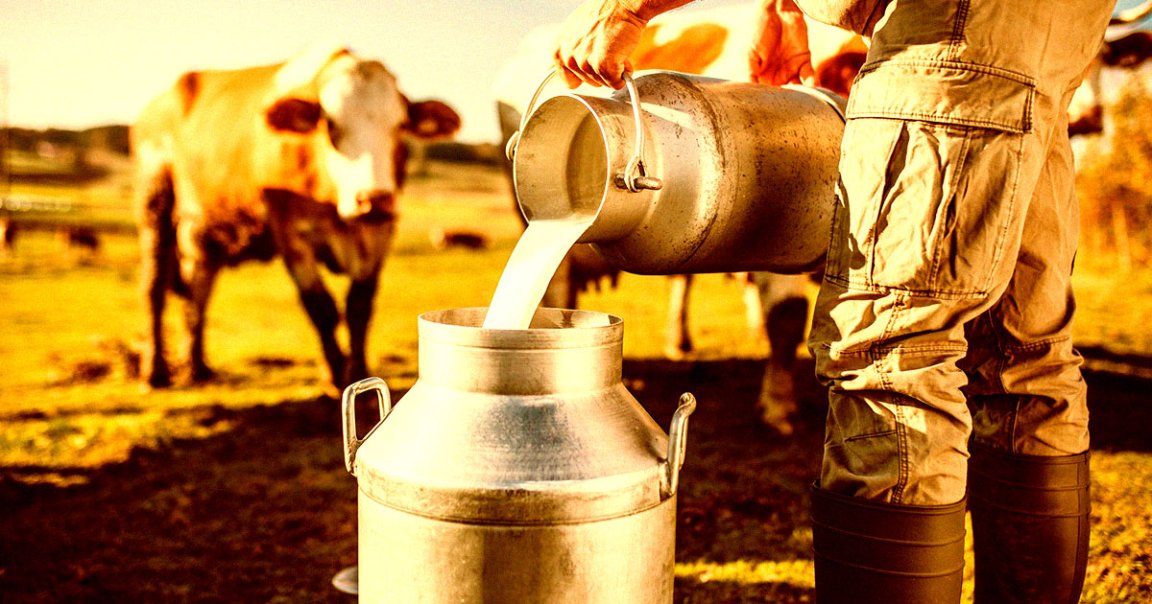
Millions of people living with type 1 diabetes around the world don’t have reliable access to insulin. Due to their bodies’ inability to produce the hormone, they have to inject it to ensure that glucose can enter cells to produce energy.
But finding an affordable and reliable source of insulin has remained difficult in many parts of the world.
Now, a team of scientists from the University of Illinois Urbana-Champaign and the Universidade de São Paulo, Brazil, have found a radical new way to produce the stuff: a gene-edited cow that produces human insulin in its milk.
“Mother Nature designed the mammary gland as a factory to make protein really, really efficiently,” said University of Illinois animal sciences professor Matt Wheeler, lead author of a new paper published in the Biotechnology Journal, in a statement. “We can take advantage of that system to produce a protein that can help hundreds of millions of people worldwide.”
As detailed in their paper, the researchers inserted a segment of human DNA coding for the precursor of active insulin called proinsulin into the cell nuclei of ten cow embryos.
Out of the ten embryos, one gene-edited calf was born in Brazil. Once matured, the cow was impregnated and stimulated to lactate using hormones.
To their surprise, the cow not only produced proinsulin, but even insulin in her milk.
“Our goal was to make proinsulin, purify it out to insulin, and go from there,” Wheeler said in the statement. “But the cow basically processed it herself. She makes about three to one biologically active insulin to proinsulin.”
“The mammary gland is a magical thing,” he added.
The gene-edited cow produced the equivalent of a gram per liter — a significant quantity, since you only need a fraction of a milligram per dose.
“That means each gram is equivalent to 28,818 units of insulin,” Wheeler explained. “And that’s just one liter; Holstein [cows] can produce 50 liters per day. You can do the math.”
The team is already looking to try again and have the resulting gene-edited cow go through full lactation cycles for even better results. A transgenic bull could even allow them to grow an insulin-expressing herd.
At that scale, Wheeler argues that other methods to produce insulin, including gene-edited yeast and bacteria, could soon be outcompeted by specialized dairy cattle.
But to build out a full supply chain, you’d need a way to collect and purify the insulin. Such a facility would also need the sign-off from the Food and Drug Administration.
According to Wheeler, though, those are obstacles that are easy enough to overcome.
“I could see a future where a 100-head herd, equivalent to a small Illinois or Wisconsin dairy, could produce all the insulin needed for the country,” he said in the statement. “And a larger herd? You could make the whole world’s supply in a year.”
More on insulin: Biohackers Are Attempting to Make Their Own Insulin